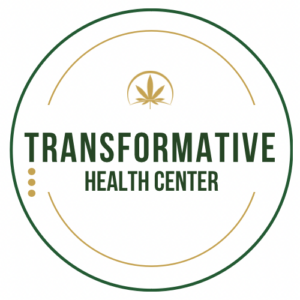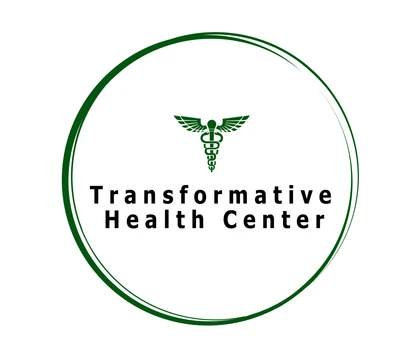Many controversies still surround the use of marijuana as a treatment option. One of the conditions is epilepsy. The debate ongoing among the general public and healthcare agencies points out the multiple potential benefits people with epilepsy get by using medical marijuana.
The Neurology Center for Epilepsy and Seizures is interested in the relationship between marijuana and epilepsy. We’ll give you the latest facts and tell you about the possible effectiveness of using medical marijuana as a viable treatment method.
How Does Epileptic Seizure Occur?
A seizure refers to a chemical imbalance in a human’s brain that releases electricity jolts. The electrical activity will send instant impulses throughout the body to cause muscle spasms. Epilepsy is the most common seizure disorder, but not all seizures result from epilepsy.
Defining Medical Marijuana
The cannabis plant contains various chemicals and cannabinoids that respond to body receptors. Some research has found several ways the cannabis plant can potentially help treat different medical conditions. However, further study is necessary.
Cannabis plants have two main cannabinoids called Tetrahydrocannabinol (THC) and Cannabidiol (CBD). THC is the chemical that causes high highness, while CBD doesn’t produce any sensation and is valuable in treating various neurological conditions.
Claims and Research Findings
Recent research has shown that CBD has various benefits for patients with epileptic seizures, but the studies are not conclusive. In 2018, the US Food and Drug Administration (FDA) approved the first CBD medication. It prompted the authorization of Epidiolex to treat two rare forms of epilepsy: Dravet syndrome and Lennox-Gastaut syndrome.
The two groups of cannabinoids work by binding to receptors in the brain to possibly relieve pain-related conditions like multiple sclerosis and HIV/AIDS. When they attach to these receptors, they may block the transmission of pain signals. CBD may also signal other body systems within the brain with potentially protective and anti-inflammatory properties.
Research has not fully explained how it works in epilepsy, but other studies show the results of using CBD in patients with epileptic seizures. The appeal of marijuana compounds to possibly support epilepsy treatment is growing as many states are legalizing medical marijuana.
However, researchers are still trying to confirm its effectiveness and solve the issues of how to use it. Potency also varies from plant to plant, so you must get the proper medication.
Side Effects
Continued research and popularity of medical cannabis create a mounting consensus over its use among people with epilepsy. However, researchers caution about the possible side effects that other patients may get. Furthermore, it is not known how CBD interacts with other medications.
Like most anti-seizure medications, medical marijuana may also alter a patient’s memory. It may lead to patients missing regular dosages and the seizures returning.
Side effects mainly occur depending on how you take the drug. Smoking poses a risk to your lungs, while eating it will not. It is best to consult your doctor when using medical marijuana to support your contusion. They will explain the various options available and offer more information on using medical marijuana and if your state allows it.
You can also get options even when living in a state with no lawful provision for medical marijuana. The doctor will share the latest treatments and therapy for supporting your condition.
If you have experienced epileptic seizures before, don’t hesitate to talk to us at Transformative Health for accurate testing and reliable options. Fill out the form below to contact our team.
 Skip to content
Skip to content


